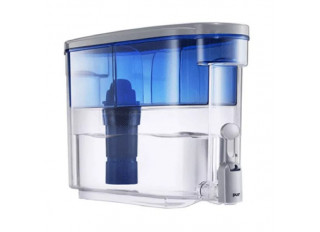Hello, welcome to ighomall.com. Our 'Deal of the Day' site primarily aims to satisfy customers looking for great value for their money.
We showcase more than 2000 variety of discounted goods in various categories such as Electronics, Computers and Accessories, Renewable Energy Home & Kitchen, mobile phones,tablet & accessories and so much more!


Leave your comment